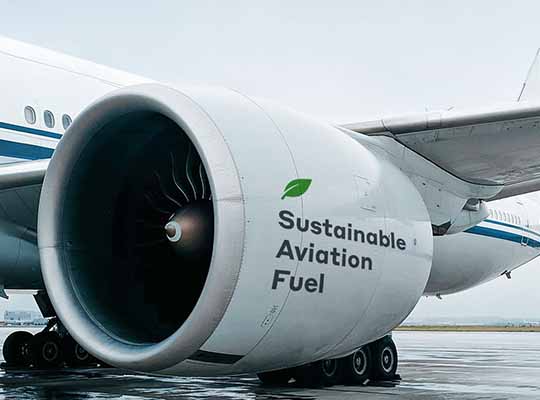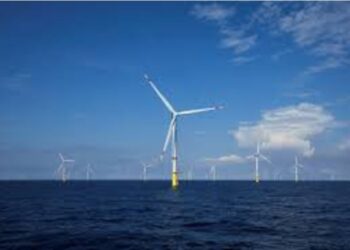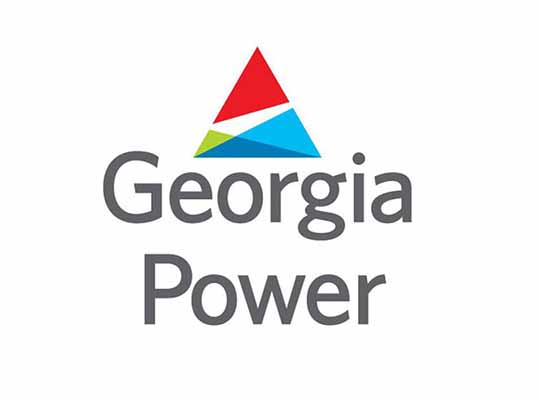PORTLAND, Ore. – Allied Market Research published a report, titled, “Sustainable Aviation Fuel Market by Fuel Type (Biofuel, Hydrogen Fuel, and Power to Liquid Fuel), Aircraft Type (Fixed Wings, Rotorcraft, and Others) and Platform (Commercial Aviation, Military Aviation, Business & General Aviation, and Unmanned Aerial Vehicle): Global Opportunity Analysis and Industry Forecast, 2021–2030.” According to the report, the global sustainable aviation fuel industry generated $72.1 million in 2020, and is estimated to reach $6.26 billion by 2030, witnessing a CAGR of 56.4% from 2021 to 2030.
Drivers, restraints, and opportunities
Increase in number of airline passengers, rise in air transportation, and surge in consumption of synthetic lubricants drive the growth of the global sustainable aviation fuel market. However, variations in crude oil prices and contamination of lubricants hinder the market growth. On the other hand, development of eco-friendly and safe aviation lubricants and surge in demand for low density lubricants for reduced weight create new opportunities in the coming years.
Covid-19 Scenario
- Manufacturing and operations of all types of aircrafts and related services hindered due to lockdown and transportation restrictions imposed by governments in many countries. This led to reduced demand for sustainable aviation fuel.
- Ban on domestic and international travelling during the lockdown led to flight cancellations and stopped the aviation industry. This also lowered down the demand for sustainable aviation fuel. However, the demand is expected to rise as the travel activities begin during the post-lockdown.
The biofuel segment to continue its leadership status during the forecast period
Based on fuel type, the biofuel segment held the highest share in 2020, accounting for nearly three-fifths of the global sustainable aviation fuel market, and is estimated to continue its leadership status during the forecast period. This is due to biofuels being derived from living materials and considered as an efficient fuel in aviation industry. However, the power to liquid fuel segment is expected to witness the fastest CAGR of 59.2% from 2021 to 2030, owing to advantages such as ease in transportation through the existing fossil-fuel infrastructure, pipelines, and filling stations along with possibility of blending power to liquid fuel with kerosene.
The commercial aviation segment to maintain its lead position during the forecast period
Based on platform, the commercial aviation segment accounted for the largest share in 2020, contributing to around three-fifths of the global sustainable aviation fuel market, and is expected to maintain its lead position during the forecast period. This is due to rise in use in passenger transportation at local and international destinations and goods transportation from one place to another, and other applications. However, the unmanned aerial vehicle segment is estimated to portray the largest CAGR of 63.7% from 2021 to 2030. This is attributed to increased performance offered by sustainable aviation fuel and capability to perform longer than usual aviation fuels to provide long flight time.
North America accounted for the largest market share in 2020
Based on region, North America contributed to the largest market share in 2020, accounting for more than one-third of the global sustainable aviation fuel market. This is due to increased production of aircrafts, helicopters, and UAMs along with stringent government norms against harmful fuel emission. However, Asia-Pacific is expected to register the highest CAGR of 60.9% during the forecast period, owing to increased demand for passenger aviation transportation across the region.
Leading market players
- Aemetis, Inc.
- Avfuel Corporation
- Fulcrum Bioenergy
- Gevo
- Lanzatech
- Neste
- Preem AB
- Sasol
- SkyNRG
- World Energy













